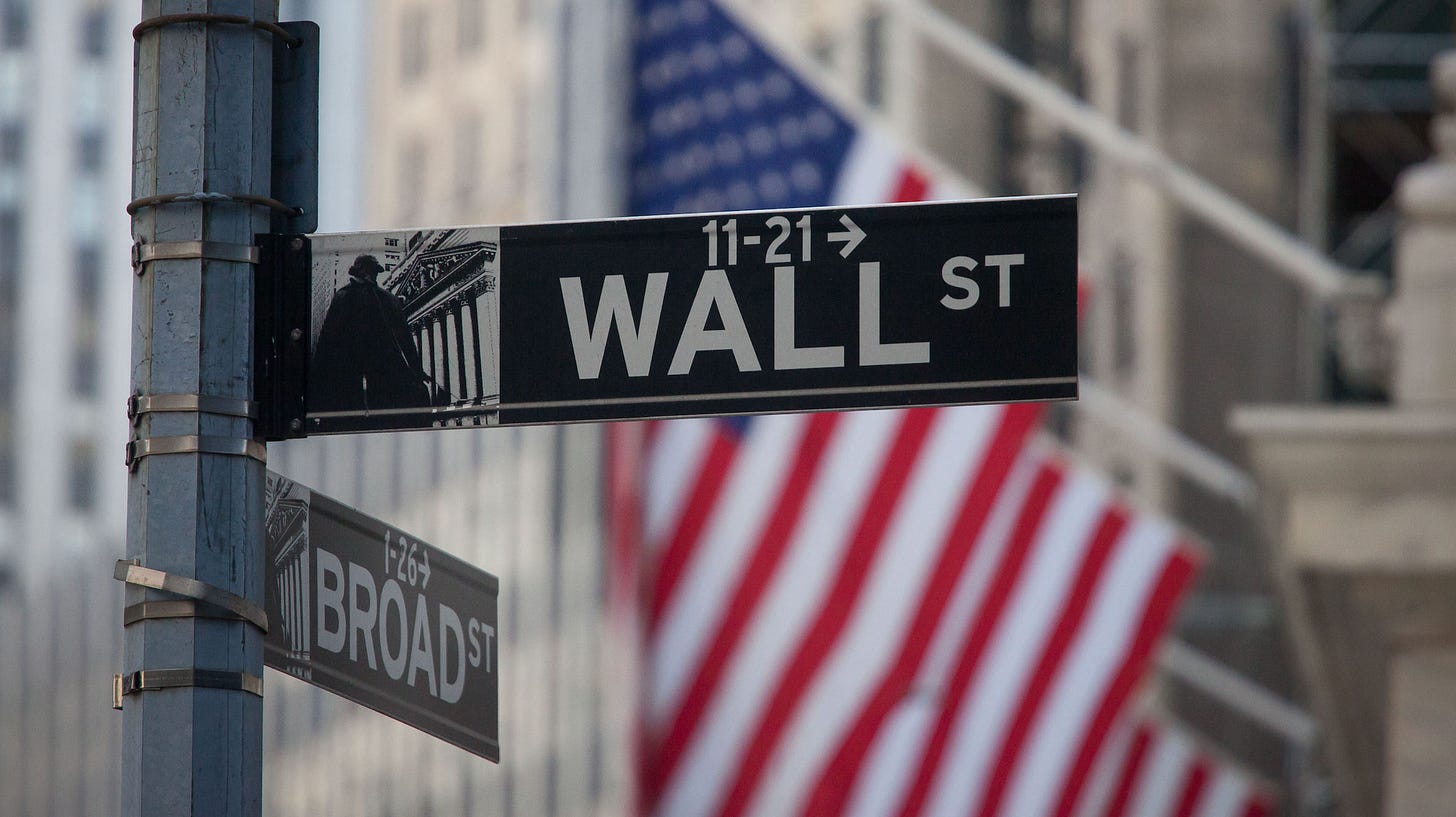The United States and a looming financial threat—its soaring national debt. As of now, America’s debt stands at a staggering $36 trillion. That’s the amount the U.S. government owes. It’s not just a figure; it’s a ticking time bomb, and according to the International Monetary Fund (IMF), it's ticking louder than ever.
Geeta Gopinath, Deputy Managing Director of the IMF, has issued a stark warning: The U.S. must take control of its rapidly increasing debt. Her message comes at a critical juncture. Recently, ratings agency Moody’s downgraded the U.S. government’s credit rating from the coveted AAA to AA1. The reasons are well-known—skyrocketing government debt, rising interest payments, and unchecked public spending.
Rather than applying the brakes, America appears to be accelerating. President Donald Trump is championing a sweeping tax cut initiative through a proposed bill titled the One Big Beautiful Bill Act - That's the actual name - very Tump . The legislation spans over 1,000 pages and proposes significant reductions in income tax. Economists warn this could widen the deficit even further, decreasing government revenue by over $4 trillion over the next nine years.
The markets have already responded. Early trading saw a dip in U.S. stock prices and a decline in the value of the dollar. Investor sentiment this week has been shaky—not due to global conflict or health crises, but due to America's own financial mismanagement.
The core issue lies in the cost of servicing the debt. With higher interest rates, the U.S. is now borrowing money just to pay the interest on existing debt. This is a deeply unsustainable path. Billionaire investor Ray Dalio, who accurately predicted the 2008 financial crisis, is now sounding the alarm on America’s current trajectory. According to Dalio, the credit rating downgrade is just one part of a much larger problem—the declining value of the U.S. dollar.
Since the beginning of 2025, the dollar has dropped over 7% in value. If this trend continues, the impact on investors—particularly those holding U.S. government bonds—could be significant. Shrinking returns and falling confidence are already setting in.
And the U.S. is not alone. Globally, debt levels are rising at an alarming rate. In April, the IMF warned that public borrowing could soon outpace economic growth. If current trends persist, the total global debt could exceed the size of the world economy by 2030—a scenario potentially more damaging than the 2008 crash or even the COVID-19 pandemic.
The IMF is urging nations to prioritize structural reforms over borrowing. "You don't borrow your way out of debt. You grow your way out of debt," Gopinath emphasized. Economic growth, not endless borrowing, must be the foundation for reducing vulnerability.
So, which countries are most at risk? While the U.S. debt-to-GDP ratio stands at 123%, others are faring worse. Japan tops the list with debt at 235% of its GDP, followed by Singapore (175%), Greece (142%), Bahrain (141%), and Italy (137%).
However, there’s a key difference: the U.S. issues the world’s reserve currency—the dollar. When the dollar weakens, the global economy feels the ripple effects. A weaker dollar drives up global prices, increases risk across markets, and erodes confidence in American financial leadership.
These consequences are no longer hypothetical. They are unfolding in real time: credit downgrades, market instability, and growing unease among global investors. Yet the U.S. appears unwilling—or unable—to confront these challenges head-on. Instead, it continues to add fuel to an already dangerous debt bomb. A bomb no one seems willing to defuse.



